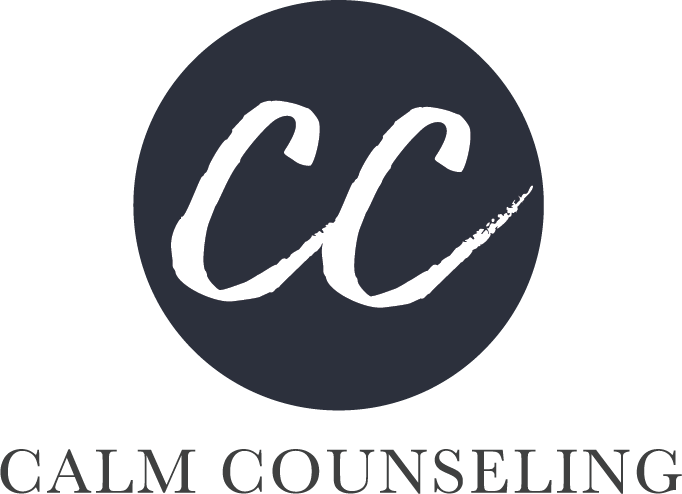The Wisdom of the Body [Blog Post]
By Brooke Binstock
Our bodies are so wise. Because our culture demands a fast-paced approach to life and places high value on productivity, there often isn’t much time to check in with ourselves to become curious about our own natural responses to events. As a somatically inclined therapist and highly sensitive human being, I find this exploration to be hugely beneficial, though sometimes foreign and mysterious.
In Peter Levine’s 1994 book, Waking the Tiger; Healing Trauma, he talks about the importance of learning to access the ‘felt sense’ when healing trauma. He says, “Nowadays the phrase trust your gut is used commonly. The felt sense is the means through which you can learn to hear this instinctual voice. Most of us have little experience to help guide us to this awareness. We are used to living in a very disconnected way.” (p 72) He also goes on to explain that those who have experienced trauma have an even more difficult time accessing this felt sense because trauma cuts us off from our internal experience. The work to get there might be slow and look like baby steps.
“We want to begin to tap into instinctual voices. The first step is learning to use the felt sense to listen to that voice. The most helpful attribute in this journey is genteless.” (Levine, p 74)
For a long time, I was very cut off from my own physical body. I intellectualized most things and if anything, viewed my body as somewhat of a nuisance. It was when I started practicing yoga and then trained to become a yoga teacher in 2009, that I started to dig a bit deeper. Yoga school provided a safe container for me to be curious about how to tune into my own body and I gained a lot of important insight. I began to notice that when I experienced shame, I would get this incredible urge to curl up in the fetal position. I became attuned to what it felt like in my body to go against my intuition, which registered as a tightening in my stomach. I began to understand the wisdom of my body and sometimes I would even listen. It was a profound revelation for me.
Since then, I sought to incorporate what I learned in yoga school in a trauma informed, therapeutic setting. I kept this in mind while studying to get my Master’s in Social Work at UT in 2011. I was the only yoga teacher in my cohort at the time and Bessel Van de Kork’s widely received and hugely popular, “The Body Keeps the Score” had not yet been written, so in a lot of ways it felt like I had to carve out my own path but I felt very supported in my efforts and brought a more embodied approach to all my internships.
Now, in my work with my clients as a relational therapist, I use gentle curiosity to open up conversations about what I notice. I can see how much wisdom the body holds that can’t possibly be known or understood by our minds alone. When I see a client wringing her hands, I ask her about it and wonder about her feelings. I get curious about shifts in body language when talking about uncomfortable topics. I inquire about tightly crossed arms and sometimes discover a treasure trove of information just by watching. It offers me a lens to see what could be an authentic truth behind the mask, the smile, the superficial. It gives me something deeper to work with.
As the holidays are among us and a lot of family gatherings and travel may be on the horizon, it is possible that a lot of feelings, memories and embodied reactions may take place. One of the first steps is just to notice. I had a therapist one time tell me to be a curious sociologist when I embark on any difficult social encounter and to take note of my own embodied reactions to being around certain people. Beginning to know ourselves from the space of the body is an ongoing and slow process, but it can give us a lot of insight into how we can best care for ourselves in the moment and move forward with grace.
To borrow an exercise from The Somatic Psychotherapy Toolbox (p. 73), you can practice self-witnessing.
Suspend: Hit the pause button on anything you are doing right now.
Notice: what is happening in your experience right now?
Track: How are you feeling your body right now
Stay: Don’t change anything, but stay present
Continue what you are doing and see if you experience yourself differently.
Helpful questions to ask yourself:
Where is my attention right now?
How do I experience my body right now?
What do I notice in my awareness right now?
Remember to be slow and gentle with yourself as you approach this work. It is a simple yet profound journey.

